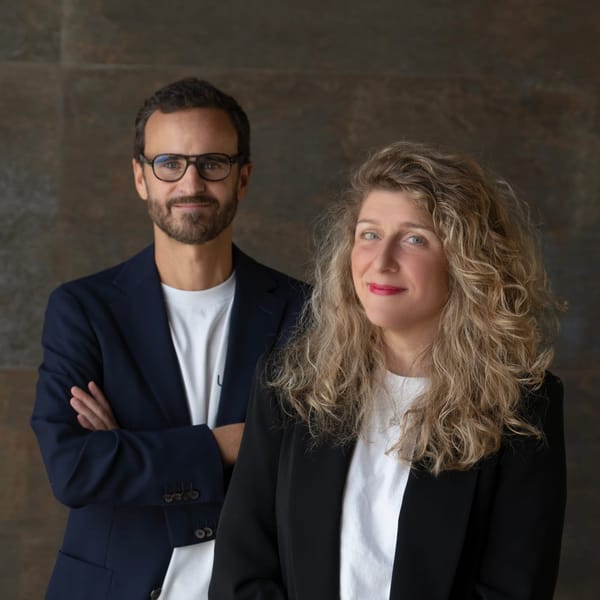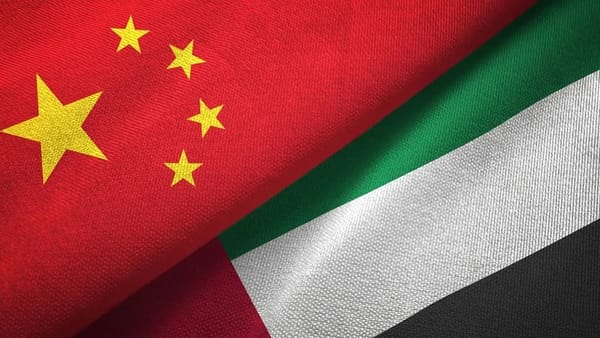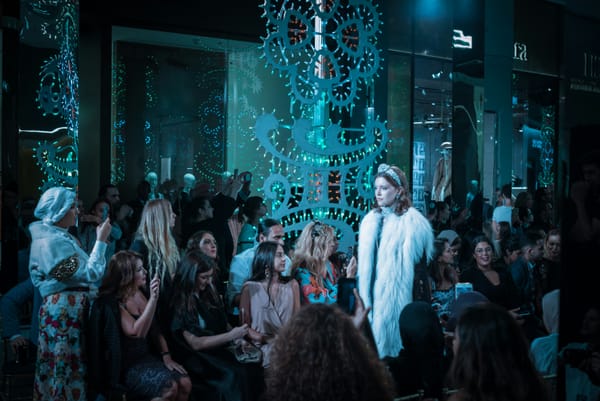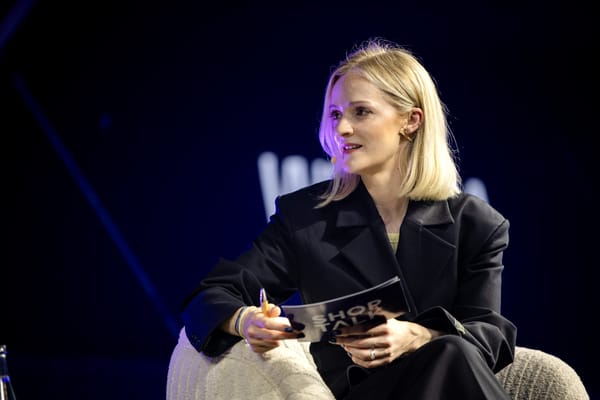Key Takeaways:
- While ChatGPT dominates the Middle East, cultural and linguistic gaps persist, with one study showing that it accurately answers only 42% of Arabic questions.
- Large language models like Jais, Fanar, and Allam are emerging to close this gap and demonstrate the region’s ability to shape its own tech-driven future.
- As customer discovery shifts from clicks to conversations, the next step for brands is clear: integrate local AI chatbots to build authentic connections.
With 700 million weekly active users as of August, OpenAI’s ChatGPT has become an integral part of daily life, serving as a personal assistant, productivity tool, and, for some, a valued companion.
Behind its boom is its ability to carry out natural, human-like conversations — speaking the user’s language while remembering context, responding to emotional cues, and understanding cultural nuances.
But what happens when the world’s most popular chatbot isn’t designed for you?
The challenge with ChatGPT
Although ChatGPT, especially GPT-5, has improved its Arabic proficiency over the past year, there are still a few issues to note, says Moneb Khaled, a machine learning engineer at Hikmara AI, an AI implementation partner for SMEs across the Gulf.
“[ChatGPT] still struggles with misspellings and may misinterpret what I write, leading to a different response than I intended. Another challenge is with very specific community-based dialects within a country, such as Aleppo in Syria or Sana’a in Yemen. This is understandable, since training data for these localised dialects is scarce,” he explained.
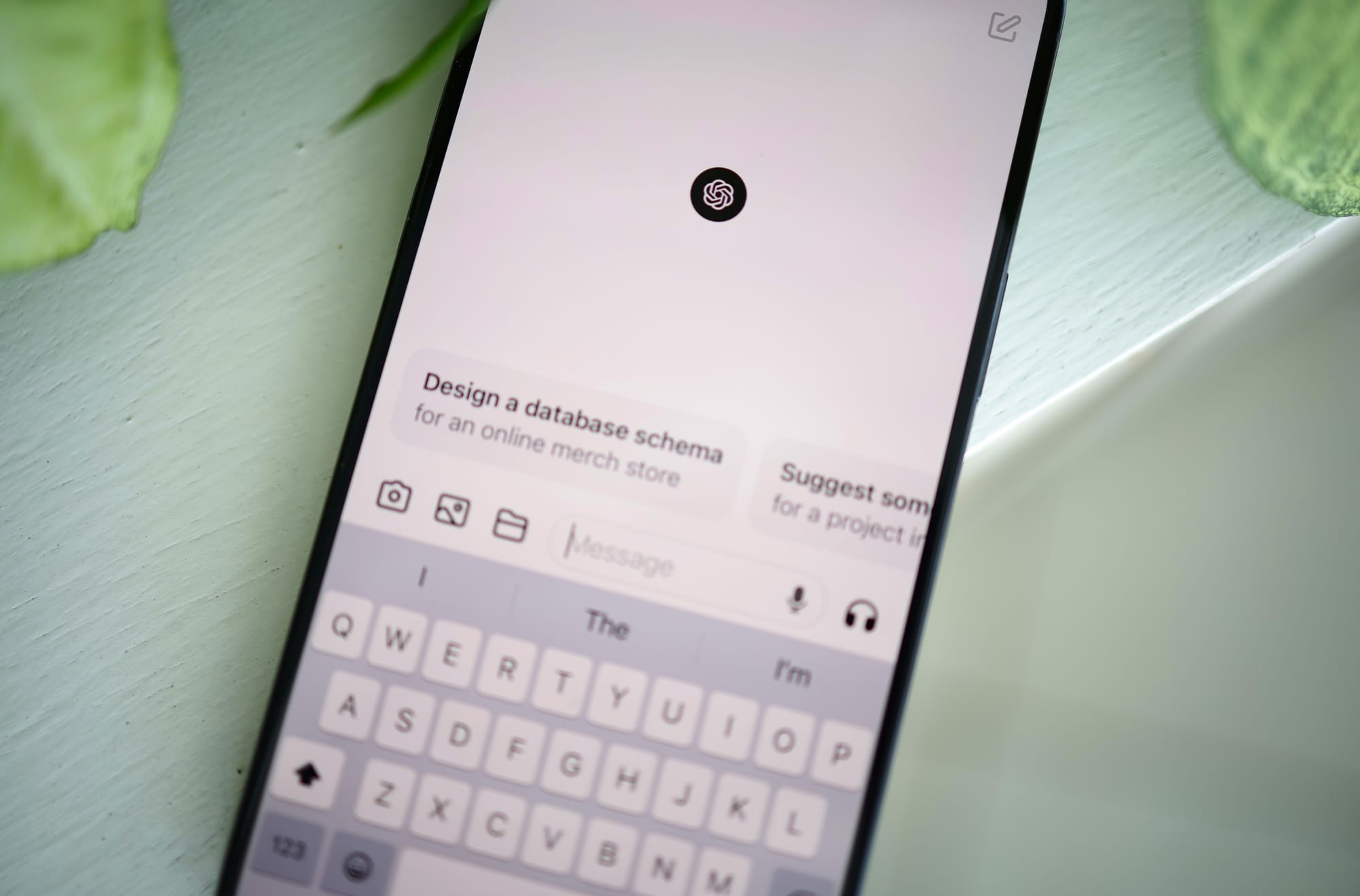
With ChatGPT’s training data largely skewed toward English — only 3% of online content is in Arabic, per UNESCO — its Arabic performance is comparatively weaker. One study finds that ChatGPT answers about 42% of Arabic questions accurately compared to 71% of English questions.
Moreover, because English content is mainly from the US, the model often defaults to American standards unless the user specifies their location.
“The bias is clear. The answer loses relevance and even risks becoming exclusionary. When Western perspectives are treated as the default, local practices are erased, and the advice given can be not only unhelpful but sometimes even inappropriate or unsafe in a different cultural setting,” Khaled added.
A solution by Arabs for Arabs
To tackle these problems, Gulf nations have begun developing their own large language models and chatbots.
In August 2023, Abu Dhabi launched Jais, an open-source bilingual Arabic-English model trained on a 395-billion-token dataset, followed in May 2024 by Jais Chat for large-scale translation and cross-language communication.
By the end of 2024, Qatar introduced Fanar, a large language model trained on Qatari, Arabic, and Islamic materials. It not only powers Fanar Chat but also generates educational content, supports journalists, and answers questions about government processes.
Meanwhile, this August, Saudi Arabia’s Humain unveiled Humain Chat, powered by Arabic-language AI model Allam. Described as being “fluent in Islamic culture, values and heritage”, Humain Chat aims to serve more than 400 million Arabic speakers and 2 billion Muslims worldwide who have been underserved by generative AI.
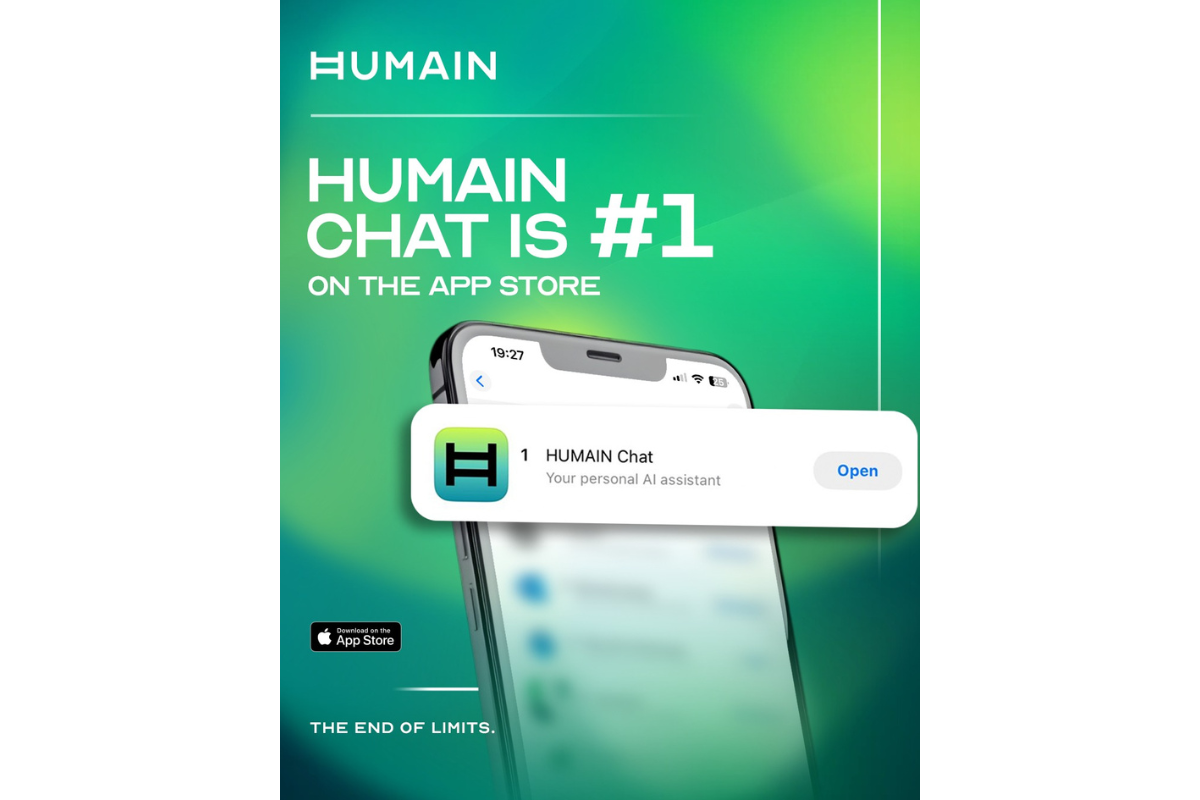
“While many users will continue to use ChatGPT for its power and versatility, when it comes to genuine cultural understanding and local relevance, a locally developed model is often the better option,” Khaled said.
Why this matters
Besides handling customer enquiries, conversational AI has completely upended the traditional discovery funnel. According to a recent Bain & Co. report, 80% of consumers now rely on “zero-click” results in at least 40% of their searches.
“In the age of the internet, lifestyle purchases meant researching blogs and ordering online. Today, in the age of AI, lifestyle purchases are powered by AI researchers that find and suggest SKUs tailored to your needs,” writes Shahad Geoffrey, CEO at Taffi, a Saudi-based tech company that provides AI-powered personalised styling for fashion retailers.
As shopping habits shift, more brands are embracing conversational commerce — and seeing results. Taffi’s AI stylist, Amira, helped partners double their conversion rates from 5% to 10% in H1 2024, while Dubai fashion retailer 6thStreet drove a 5-8x return on ad spend in 2024 through WhatsApp marketing.
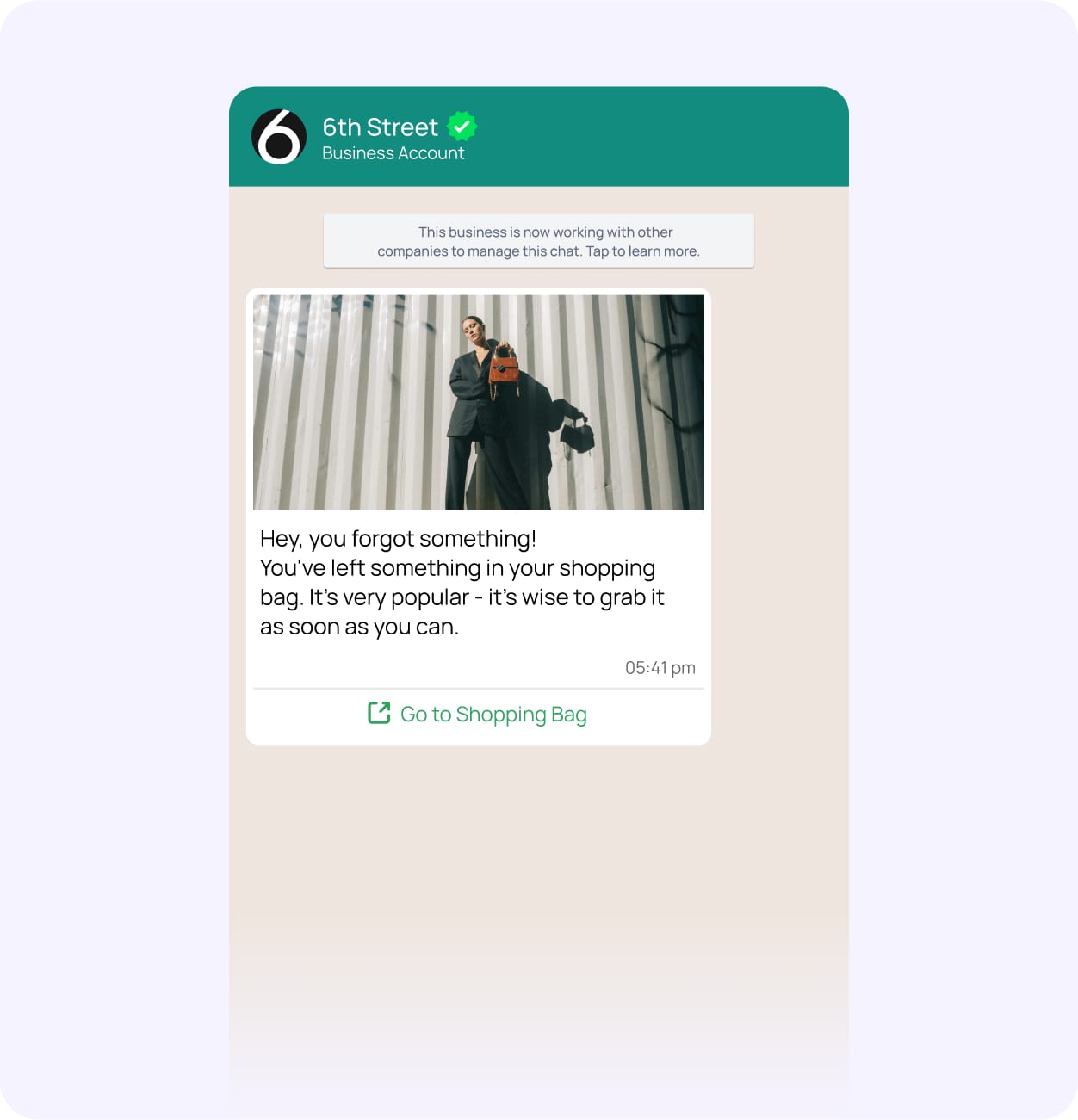
While ChatGPT still dominates the region, local chatbots are offering brands new ways to connect authentically with Middle Eastern consumers. Brands that want to succeed must optimise their AI strategies — after all, it wouldn’t be much of a chatbot if it couldn’t keep up a proper conversation.




